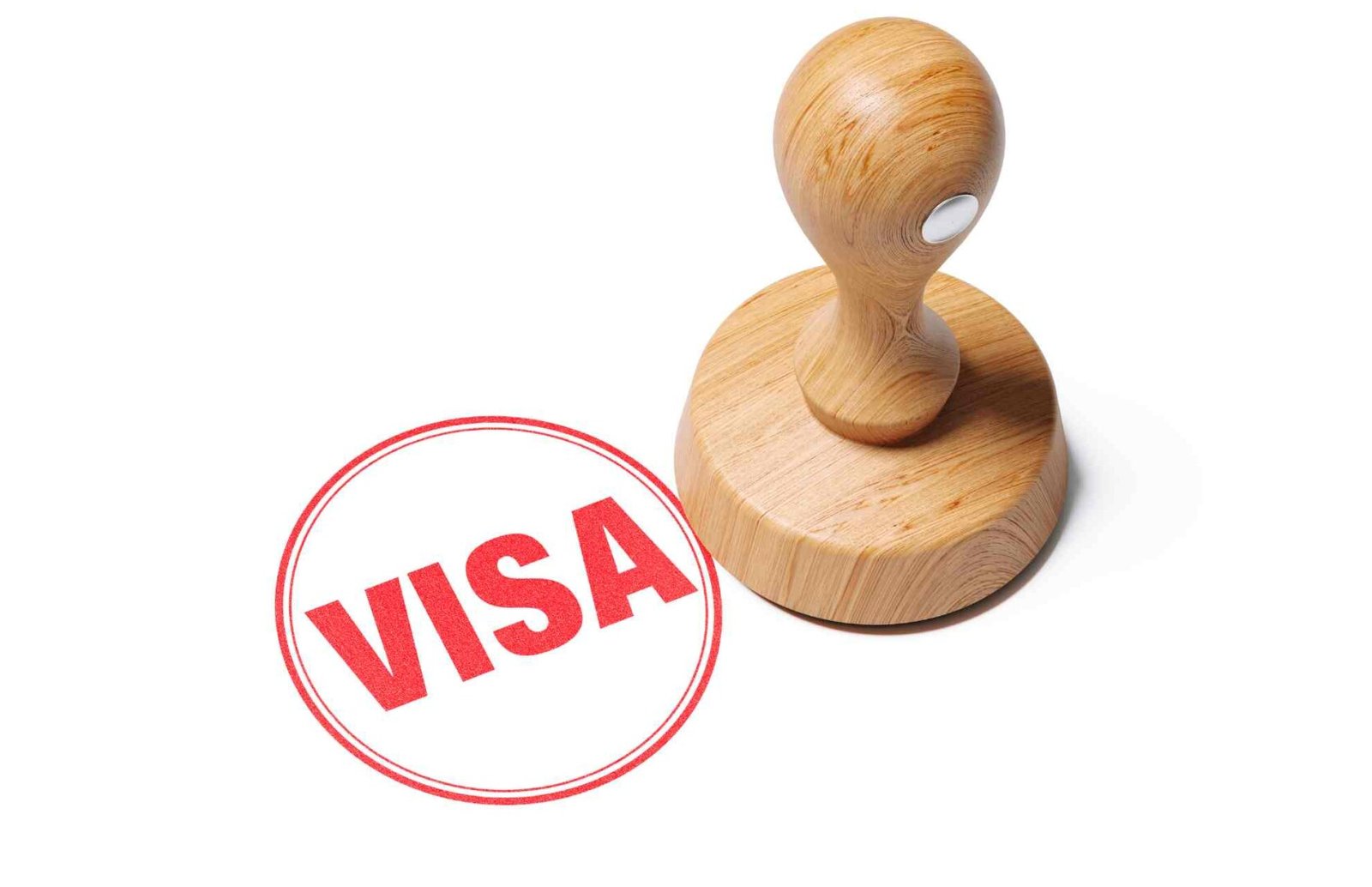The UAE offers a family visa program that enables expatriates to bring their family members to live with them in the country. The process involves meeting certain requirements, including a minimum salary threshold, and following a step-by-step application process.
1. Overview of the UAE Family Visa
A UAE family visa allows expatriate residents to sponsor their immediate family members, including spouses, children, and, under certain conditions, parents. This type of visa is typically issued for one, two, or three years, depending on the sponsor’s visa type and residency status. Family visas can be renewed as long as the sponsor continues to meet the requirements.
2. Eligibility Criteria for a UAE Family Visa
Before applying for a family visa, expatriates need to meet specific eligibility criteria. The primary requirement is that the sponsor must hold a valid UAE residency visa. Additionally, each family member you wish to sponsor must meet particular requirements, including passing a medical examination and other residency conditions.
Eligibility for Sponsoring Spouses
- Expatriates can sponsor their spouses if they have a valid marriage certificate recognized in the UAE.
- Both male and female residents can sponsor their spouses, provided they meet the minimum salary requirement.
Eligibility for Sponsoring Children
- Male residents can sponsor their children if they meet the minimum salary requirement.
- Female residents can also sponsor their children under specific circumstances, such as holding a high-paying job in a specialized field (e.g., healthcare or education).
Eligibility for Sponsoring Parents
- Sponsoring parents involves additional requirements, such as providing proof of dependency and meeting a higher salary requirement.
3. Minimum Salary Requirements for Family Sponsorship
The UAE sets a minimum salary threshold for expatriates who wish to sponsor family members. Meeting this requirement demonstrates that the sponsor has the financial means to support their family. The salary thresholds are as follows:
- AED 4,000 per month without company-provided accommodation or
- AED 3,000 per month with company-provided accommodation
These figures apply to most cases, though some categories, such as sponsoring parents, may have higher income requirements. It’s crucial to ensure that your salary meets the threshold before beginning the application process.
4. Document Requirements for UAE Family Visa Application
To apply for a family visa, you need to submit various documents that support your application. The essential documents include:
- Sponsor’s passport copy and UAE residency visa: Proof that the sponsor holds a valid residency visa in the UAE.
- Family members’ passport copies: Ensure that each family member’s passport is valid for at least six months.
- Passport-sized photos: Recent photographs of family members for official use.
- Salary certificate or employment contract: Provided by the employer to verify the sponsor’s monthly income.
- Ejari or tenancy contract: A rental agreement showing accommodation details in the UAE.
- Marriage certificate: Required for sponsoring a spouse, attested by the UAE authorities if issued abroad.
- Birth certificates: For children’s sponsorship, attested by UAE authorities if issued abroad.
- Medical clearance certificates: Family members above the age of 18 must pass a medical fitness test at an authorized medical center in the UAE.
These documents are essential for a successful application, and ensuring their validity and accuracy will help avoid delays in processing.
5. Step-by-Step Process for UAE Family Visa Application
Here is a step-by-step guide on how to apply for a UAE family visa:
Step 1: Obtain an Entry Permit
The first step in bringing family members to the UAE is to apply for an entry permit. This permit allows the family member to enter the UAE and is issued by the General Directorate of Residency and Foreigners Affairs (GDRFA).
Step 2: Undergo Medical Tests
Once your family member is in the UAE, they need to undergo a medical test. The test checks for communicable diseases such as HIV, tuberculosis, and hepatitis. Passing this medical examination is mandatory to continue with the visa application.
Step 3: Submit Required Documents and Apply for Residency
After passing the medical test, you need to submit the required documents to apply for a residency visa. You can submit your application through GDRFA offices or online portals such as the GDRFA Dubai website or the Federal Authority for Identity and Citizenship (ICA) portal.
Step 4: Apply for an Emirates ID
Following the visa approval, the sponsored family member must apply for an Emirates ID. This identity card is necessary for living in the UAE and enables access to essential services.
Step 5: Collect the Residency Visa
Once the Emirates ID and all necessary approvals are secured, the residency visa will be stamped in the family member’s passport. This marks the completion of the family visa application process.
6. Cost of UAE Family Visa Application
The total cost of the UAE family visa varies based on several factors, including the type of family members being sponsored and the emirate where the application is processed. Costs typically include:
- Entry permit fees: Costs range from AED 500 to AED 1,100, depending on the type and duration.
- Medical examination fees: The fees for medical tests vary but are typically around AED 250 to AED 500.
- Emirates ID application fees: The cost for an Emirates ID depends on its validity period, starting from AED 170 per year.
- Residency visa stamping fees: The fees for stamping the residency visa range from AED 200 to AED 500.
Additional service fees may apply, especially if you use typing centers or online application portals to streamline the process.
7. Important Points to Remember
- Timely Renewal: Family visas must be renewed before expiration to avoid penalties or visa cancellations.
- Document Verification: All documents issued outside the UAE must be attested by UAE embassies or consulates.
- Updated Salary Requirements: Regularly check for any changes in salary requirements, as the government may update these criteria periodically.
- Processing Time: The processing time for family visas varies, with entry permits typically taking a few days and residency visa approval taking up to a few weeks.
Obtaining a family visa in the UAE involves meeting specific requirements, including a minimum salary threshold and a thorough documentation process. By following the correct procedures and ensuring all required documents are valid and attested, expatriates can successfully bring their families to live with them in the UAE. It’s essential to stay updated on visa regulations, as these can change periodically, ensuring a smooth experience for both the sponsor and family members.




